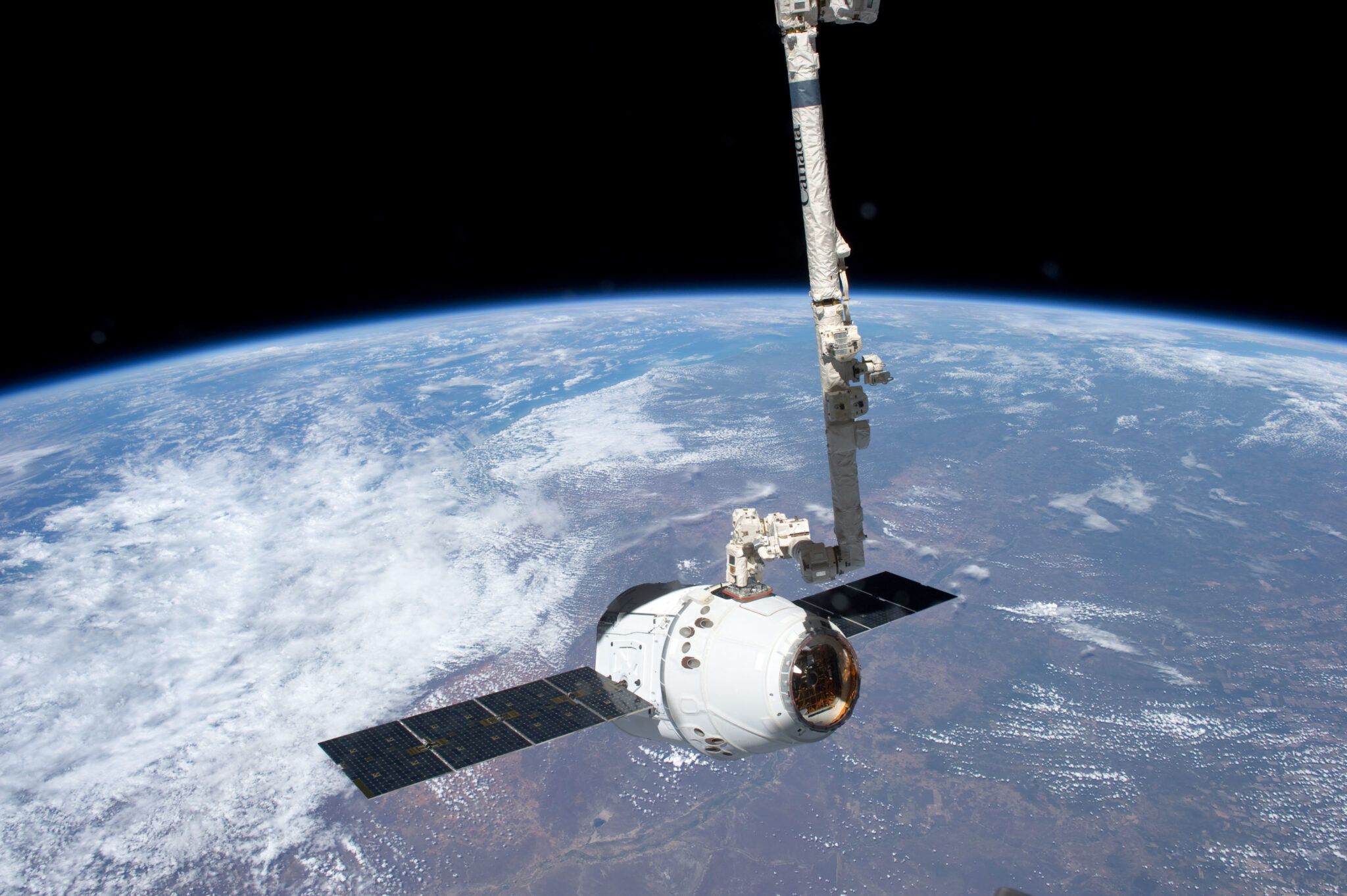CU science experiments will head to space station Thursday

BOULDER — A SpaceX rocket is slated to launch two University of Colorado Boulder science experiments to the International Space Station from Florida on Thursday.
One experiment will look at changes in cardiovascular stem cells in microgravity that may someday help combat heart disease on Earth. The second will be used for rodent studies testing a novel treatment for bone loss in space, which has been documented in both astronauts and mice.
The two research projects were developed by BioServe Space Technologies, a research center within the Ann and H.J. Smead Department of Aerospace Engineering at CU.
SPONSORED CONTENT
Business Cares: April 2024
In Colorado, 1 in 3 women, 1 in 3 men and 1 in 2 transgender individuals will experience an attempted or completed sexual assault in their lifetime. During April, we recognize Sexual Assault Awareness Month with the hopes of increasing conversations about this very important issue.
“We have a solid relationship with SpaceX and NASA that allows us to regularly fly our flight hardware to the International Space Station,” said BioServe’s director Louis Stodieck. “The low gravity of space provides a unique environment for biomedical experiments that cannot be reproduced on Earth, and our faculty, staff and students are very experienced in designing and building custom payloads for our academic, commercial and government partners.”
The experiments will be launched on a SpaceX Falcon 9 rocket from Cape Canaveral and carried to the space station on the company’s Dragon spacecraft. The SpaceX-CRS-11 mission launching Thursday marks BioServe’s 55th mission to space.
BOULDER — A SpaceX rocket is slated to launch two University of Colorado Boulder science experiments to the International Space Station from Florida on Thursday.
One experiment will look at changes in cardiovascular stem cells in microgravity that may someday help combat heart disease on Earth. The second will be used for rodent studies testing a novel treatment for bone loss in space, which has been documented in both astronauts and mice.
The two research projects were developed by BioServe Space Technologies, a research center within the Ann and H.J. Smead Department of Aerospace Engineering at…
THIS ARTICLE IS FOR SUBSCRIBERS ONLY
Continue reading for less than $3 per week!
Get a month of award-winning local business news, trends and insights
Access award-winning content today!

